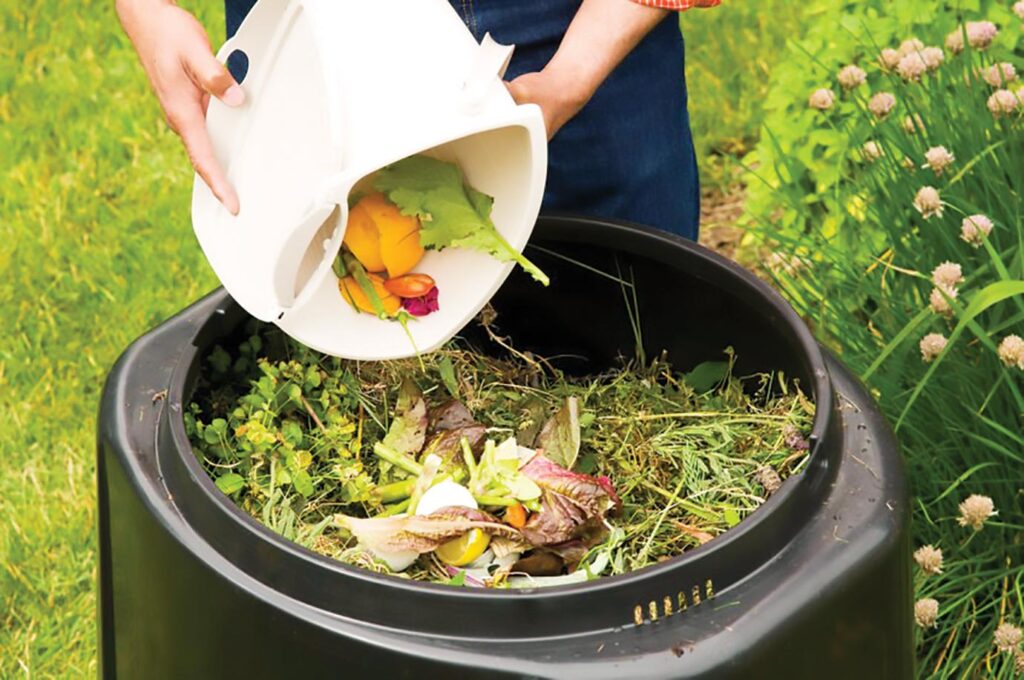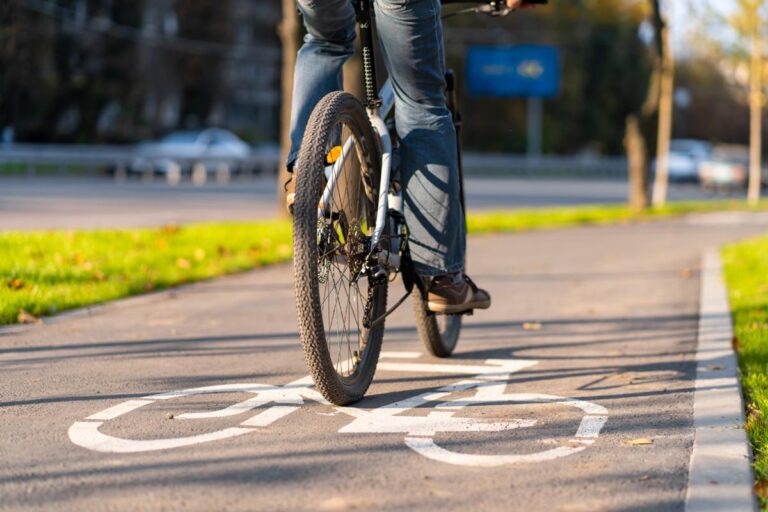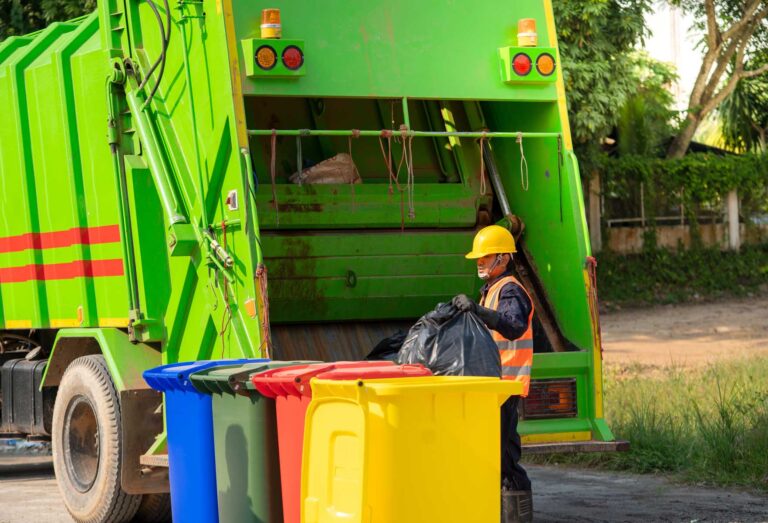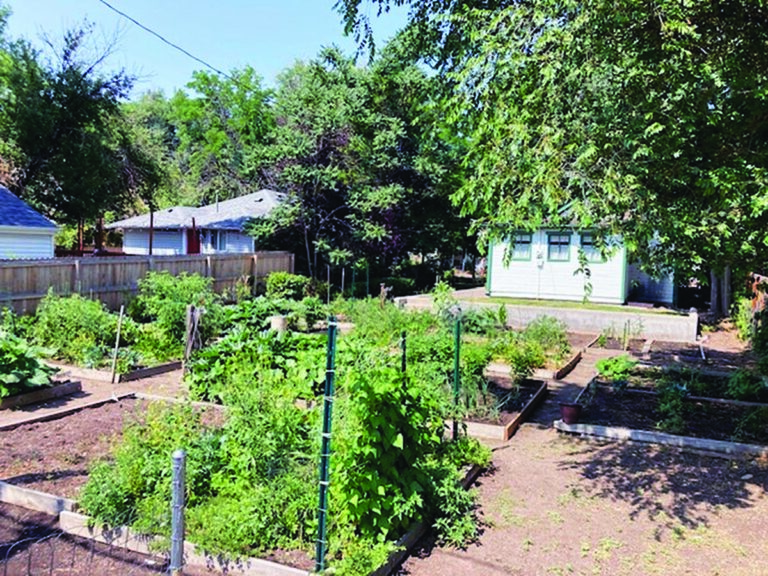Help put an end to food waste – and start composting with us! Edgewater and Scraps offer residents an affordable compost pickup service. You can learn more and sign up at www.ScrapsMileHigh.com/Edgewater. Not sure yet about composting? Check out all the benefits you will bring to the community and the climate!
Benefits of composting
• Enriches soil, helping retain moisture and suppress plant diseases and pests – in fact, when organic materials go to the landfill, they never fully break down or return to the soil.
• When finished compost is added to soil, it helps filter up to 95 percent of pollutants from our stormwater runoff.
• Encourages the production of beneficial bacteria and fungi that break down organic matter to create humus, a rich, nutrient-filled material.
• Food scraps in a landfill generate methane, a powerful greenhouse gas that contributes to climate change. But food scraps turned into compost and applied to soil can capture carbon dioxide, another greenhouse gas, and combat climate change.
• Your impact goes further than just composting! Scraps donates one percent of profits to Restore Colorado, a project of Zero Foodprint. Zero Foodprint is helping ensure that local, organic, regenerative farmers have access to compost, to nourish their soil and to help draw CO2 out of the atmosphere. Healthy soil naturally captures and stores carbon from the atmosphere, and studies show that adding compost greatly enhances the soil’s natural ability to do so. In a time where climate change threatens our environment, our food system and our way of life, Scraps is proud to partner with Restore Colorado and Zero Foodprint to help fund these efforts.
How to create healthy compost
Composting material is categorized into three groups: greens, browns and water.
• Greens = nitrogen, which include components such as fruit and vegetable scraps, hair/fur, eggshells, coffee grounds and similar waste.
• Browns = carbon, which are plant stalks, grasses, twigs, dead leaves, cardboard and newspaper. These materials are the “backbone” of your compost.
• With Scraps, you can even compost meat, bones, dairy and cheese! Backyard composters should not put animal products in their bins due to safety issues.
• Chop kitchen scraps into small pieces. The smaller the scraps are, the faster they will break down into soil.
Composting with Scraps is easy and effective, but if you like to DIY, you can backyard compost! Learn how at www.EPA.gov/Recycle/Composting-Home or reach out to the Sustainability Board for resources and support on your composting journey!
Please visit Edgewater Sustainability Plan at www.EdgewaterCO.com/Sustainability for more information on all sustainability initiatives, and become a Sustainability Ambassador!
Contact Sustainability Board Member Jeanette Papp at [email protected]






